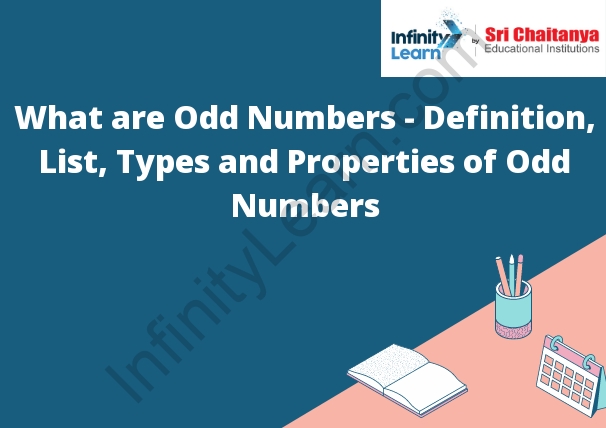Table of Contents
An Introduction
- Neural networks are a type of machine learning algorithm that are loosely based on the workings of the human brain. Neural networks are composed of a large number of interconnected processing nodes, or neurons, that can learn to recognize patterns of input data.
- Neural networks are trained by exposing them to a large number of example inputs and then adjusting the strengths of the connections between neurons until the network is able to correctly predict the output for the examples. Neural networks can be used to solve a wide range of tasks, including image recognition, object detection, and natural language processing.

Types of Odd Numbers
There are three types of odd numbers: prime, composite, and anomalous.
- A prime number is a number that can only be divided by 1 and itself. For example, the prime numbers 5 and 7 are both odd numbers.
- A composite number is a number that can be divided by more than 1 and itself. For example, the composite number 9 can be divided by 1, 3, and 9.
- An anomalous number is an odd number that is not prime or composite. For example, the anomalous number 11 is odd but cannot be divided by 1 or itself.
Properties of Odd Numbers
The only even prime number is 2. All other prime numbers are odd.
An odd number is a number that is not even. Odd numbers are usually represented by the symbol “O” when written in mathematical equations.
The most basic property of odd numbers is that they are not even. This means that when you divide an odd number by 2, the result will always be an integer that is not equal to 0. For example, the number 5 can be divided by 2 to result in 2 or 3, but not 0.
Odd numbers also have the following properties:
-The sum of any two odd numbers is an odd number.
-The product of any two odd numbers is an odd number.
-The difference of any two odd numbers is an odd number.
-The square of any odd number is an odd number.
-The cube of any odd number is an odd number.



